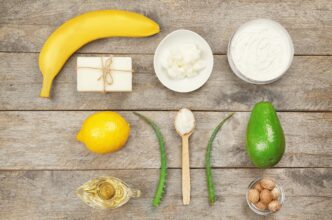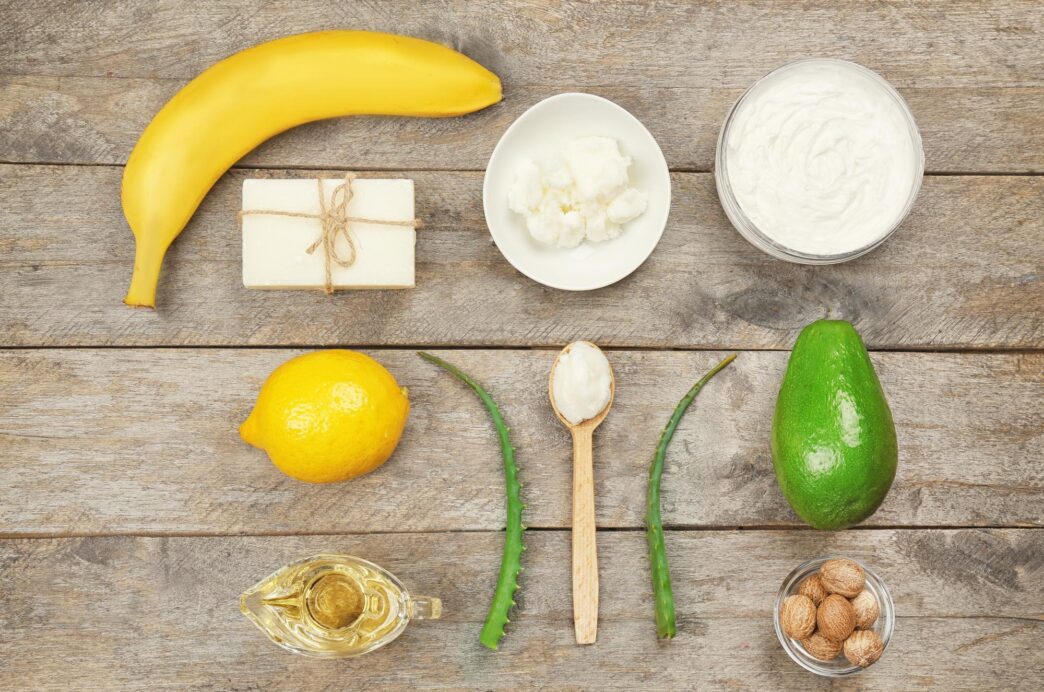A Quick Takeaway
The Story Behind the Trend
How to Make It Work for You
The Community View
Gut health is foundational to overall well-being, influencing everything from digestion and immunity to mood and metabolism. For anyone looking to optimize their internal ecosystem, understanding and incorporating probiotic and prebiotic foods is a crucial, evidence-based strategy that fosters a thriving microbiome, helping millions achieve better health by nourishing the beneficial bacteria that reside within their digestive tract daily.
Understanding Your Gut Microbiome
The human gut is home to trillions of microorganisms, collectively known as the gut microbiome. This complex community, primarily composed of bacteria, plays an indispensable role in maintaining our health.
A diverse and balanced microbiome is essential for numerous bodily functions, including the efficient breakdown of food, absorption of vital nutrients, synthesis of certain vitamins, and protection against harmful pathogens. When this delicate balance is disrupted, a state known as dysbiosis, it can contribute to a wide range of health issues, from digestive disorders like irritable bowel syndrome (IBS) to more systemic concerns such as autoimmune conditions, allergies, and even mental health challenges.
Probiotics: The Beneficial Bacteria
Probiotics are live microorganisms that, when consumed in adequate amounts, confer a health benefit on the host. These “good” bacteria actively contribute to a healthy gut environment by colonizing the intestines and outcompeting potentially harmful bacteria.
Regular intake of probiotics can significantly support digestive processes, enhance the immune system’s function, and potentially alleviate symptoms associated with various gastrointestinal conditions. They help to restore balance after disruptions, such as antibiotic use, and maintain the integrity of the gut lining.
Top Probiotic Foods to Incorporate
Integrating probiotic-rich foods into your daily diet is a delicious way to support your gut health. Here are some of the best sources:
- Yogurt and Kefir: These fermented dairy products are excellent sources of live active cultures, including strains like Lactobacillus and Bifidobacterium. Opt for plain, unsweetened varieties to avoid added sugars.
- Sauerkraut and Kimchi: Fermented cabbage dishes, popular in German and Korean cuisines respectively, are naturally abundant in diverse lactic acid bacteria. Ensure they are unpasteurized to retain their live cultures.
- Tempeh and Miso: These fermented soybean products offer unique strains of beneficial bacteria and enzymes. Tempeh makes a great meat substitute, while miso paste adds savory depth to soups and dressings.
- Kombucha: A slightly fizzy, fermented tea beverage, kombucha provides a mix of beneficial bacteria and yeasts. Choose low-sugar options and enjoy it in moderation.
- Pickles (Fermented): Not all pickles are probiotic; look for naturally fermented varieties, typically found in the refrigerated section, as vinegar-based pickles usually lack live cultures.
Prebiotics: Fuel for Your Flora
While probiotics introduce beneficial bacteria, prebiotics are specialized plant fibers that act as food for the good bacteria already residing in your gut. They are non-digestible components that pass through the small intestine intact.
Upon reaching the large intestine, prebiotics are fermented by gut bacteria, which stimulates their growth and activity. By selectively nourishing these beneficial microbes, prebiotics indirectly support digestive health, enhance mineral absorption, and bolster immune function, creating an optimal environment for probiotics to thrive.
Essential Prebiotic Foods for a Healthy Gut
A diet rich in diverse plant foods will naturally provide a good supply of prebiotics. Consider these excellent sources:
- Garlic and Onions: These kitchen staples are rich in fructans and fructooligosaccharides (FOS), powerful prebiotics that promote the growth of bifidobacteria.
- Leeks and Asparagus: Both vegetables are excellent sources of inulin, another potent prebiotic fiber known for its ability to feed beneficial gut bacteria.
- Bananas (Slightly Green): As bananas ripen, their resistant starch content decreases. Slightly green bananas offer more resistant starch, which acts as a valuable prebiotic.
- Oats: A comforting breakfast choice, oats provide beta-glucan, a soluble fiber with significant prebiotic effects that supports a healthy gut.
- Apples: The pectin found in apples, especially in the skin, is a fermentable fiber that contributes to a healthy gut microbiome.
- Legumes (Beans, Lentils, Chickpeas): These pantry powerhouses are high in resistant starch and other fermentable fibers, making them excellent prebiotic sources.
The Synbiotic Advantage: Working Together
The term “synbiotic” refers to foods or supplements that contain both prebiotics and probiotics. This combination is particularly powerful because the prebiotics provide the ideal environment and necessary fuel for the probiotics to not only survive but also to thrive and multiply within the gut.
Consuming probiotic and prebiotic foods together can maximize their synergistic benefits for overall gut health. Think of it as providing both the seeds and the fertile soil for a flourishing internal garden.
Practical Tips for Daily Integration
Incorporating probiotic and prebiotic foods into your diet doesn’t have to be complicated. Start small and gradually increase your intake to allow your digestive system to adjust and avoid potential discomfort.
Aim for a variety of both types of foods throughout the week to ensure a broad spectrum of beneficial bacteria and their nourishment. Consider making your own fermented foods, like sauerkraut or kefir, for a cost-effective and highly potent source of probiotics. Always read labels carefully for “live active cultures” in probiotic foods and be mindful of excessive added sugars, which can counteract the benefits.
Prioritizing your gut health through a diet rich in probiotic and prebiotic foods is a straightforward yet profound investment in your overall well-being. By consistently nourishing your internal ecosystem, you empower your body to digest more efficiently, strengthen its defenses, and even uplift your mood, laying a vital foundation for a vibrant and healthy life.







